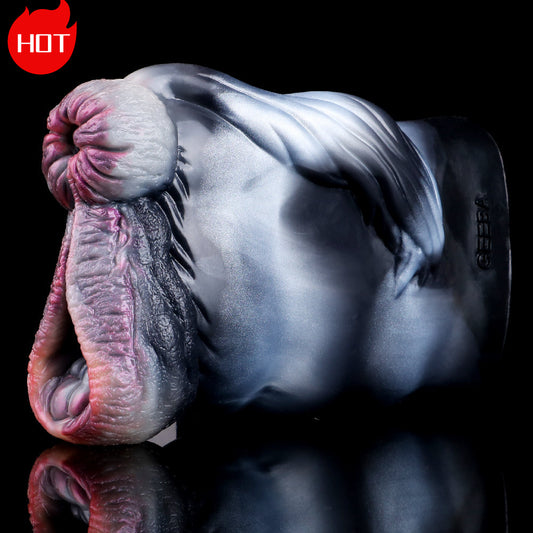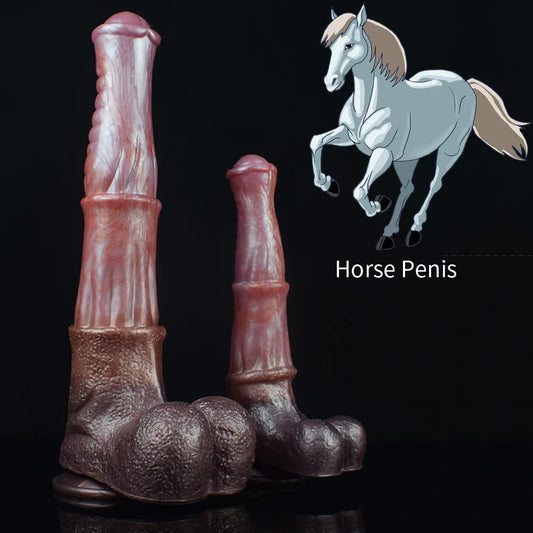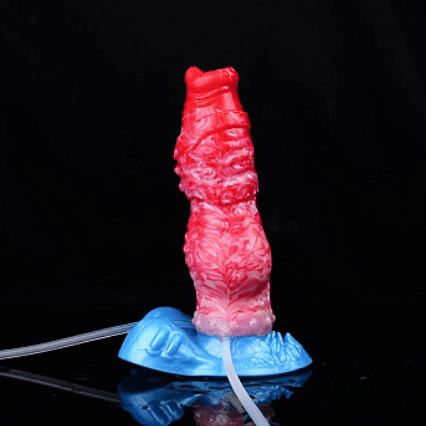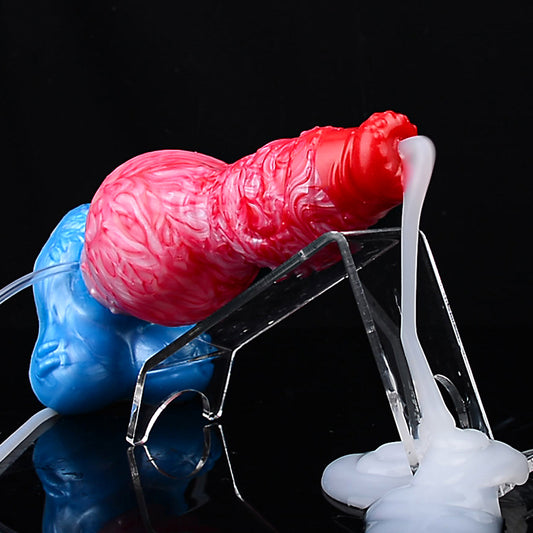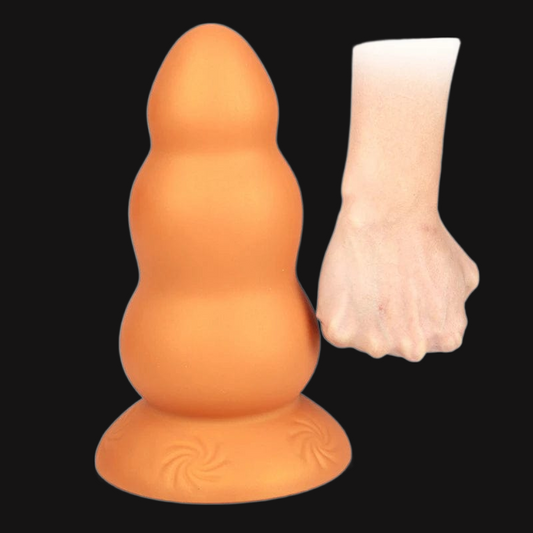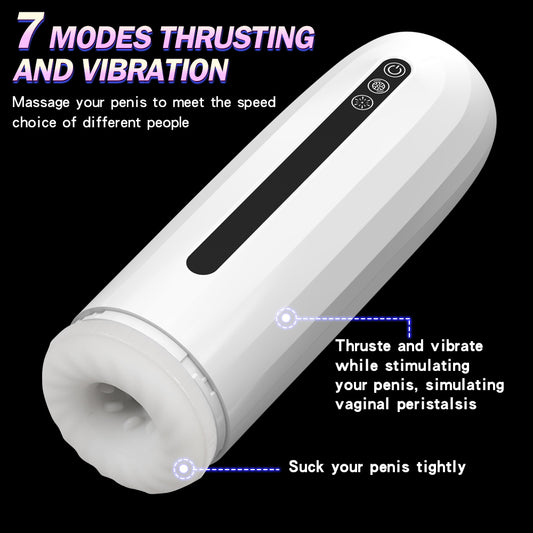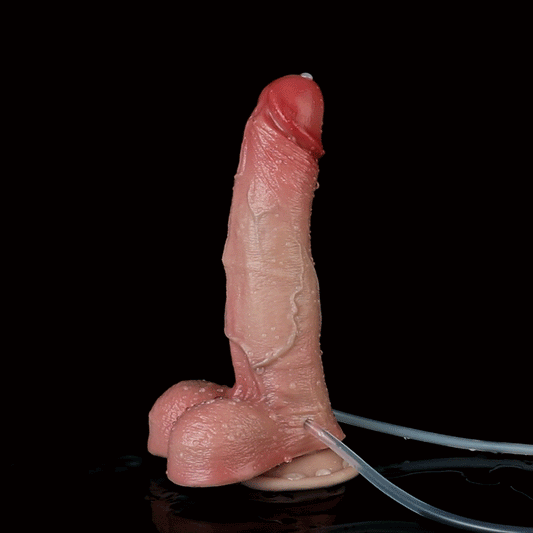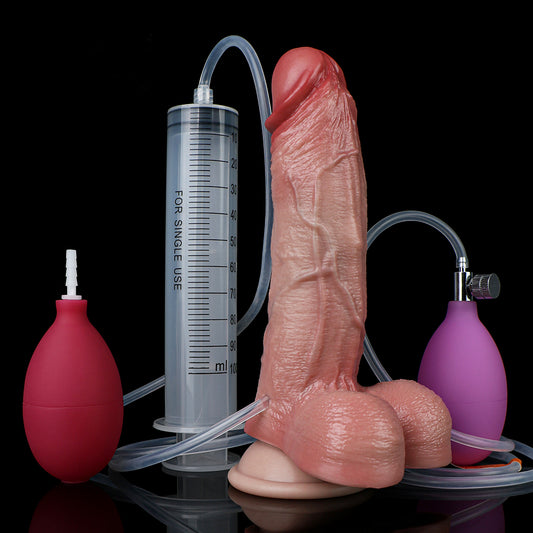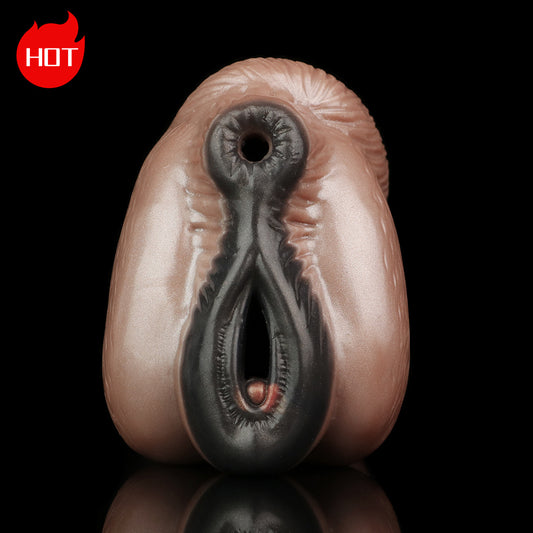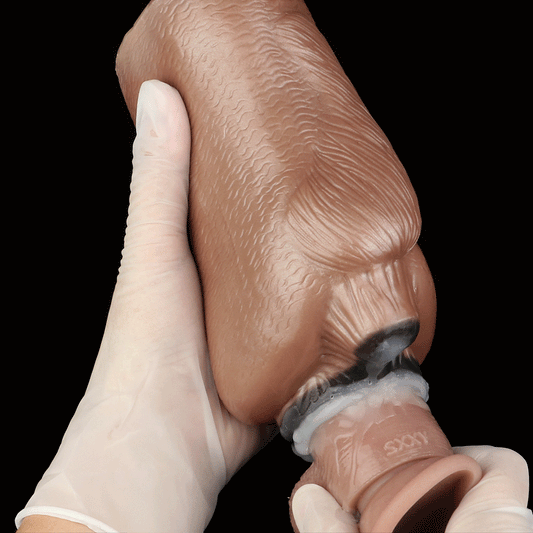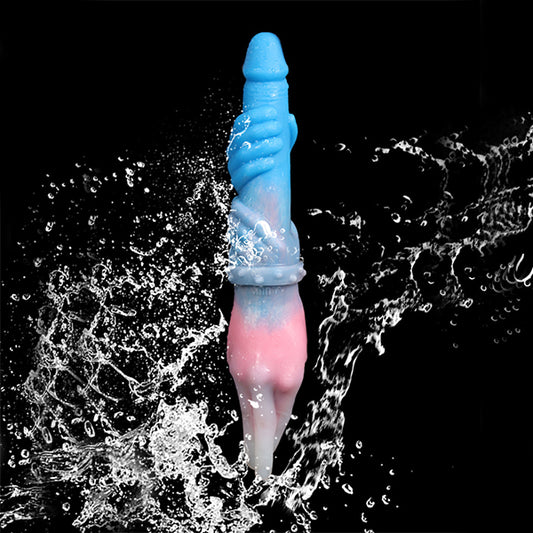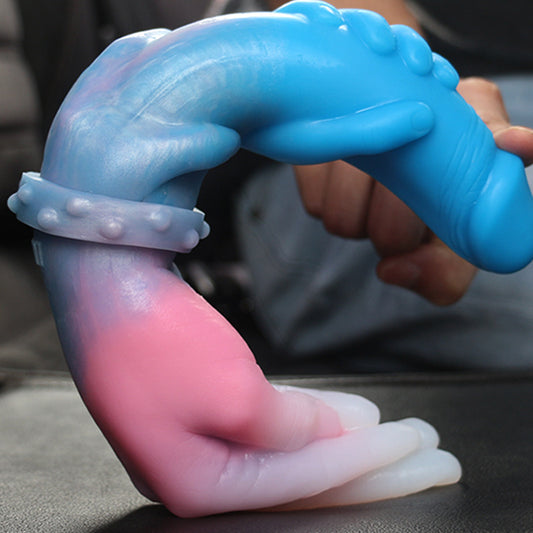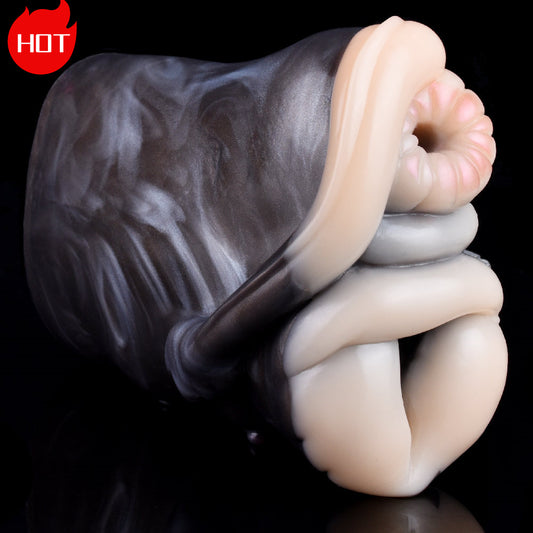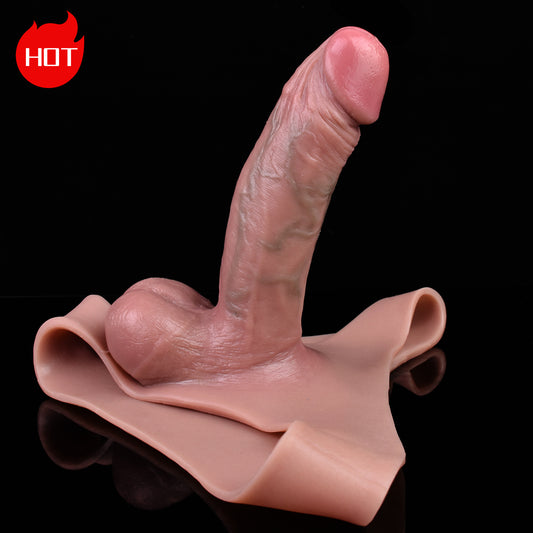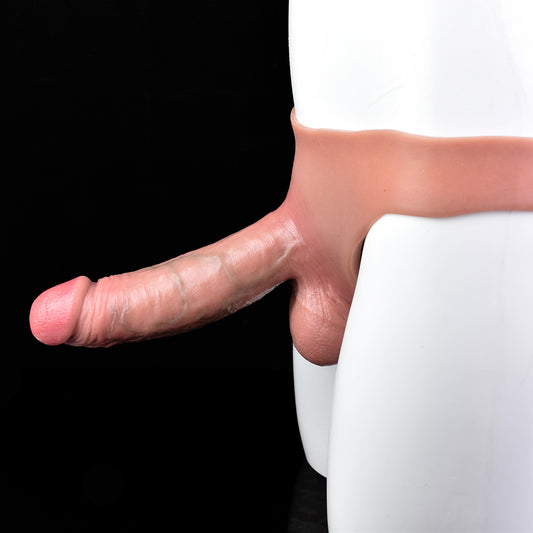
What is Libido?
Libido is derived from the Latin word for "desire" and was popularized by Sigmund Freud in the late 19th century to describe the human sexual drive.
Freud believed that libido was a central force in human behavior, analogous to hunger and thirst. While his theories have evolved, the concept of libido as a driving force behind sexual activity remains relevant.
Commonly known as sexual desire or drive, is a fundamental aspect of human sexuality. Despite its universal presence, libido varies significantly among individuals and can be influenced by a multitude of factors.
Factors Influencing Libido
Libido is not static; it can change due to various factors, including hormonal levels, physical and mental health, lifestyle choices, and relationship dynamics. Understanding these factors can help individuals manage their sexual health more effectively.
1. Hormones
Hormonal fluctuations play a significant role in sexual desire. The primary sex hormones are testosterone, estrogen, and progesterone.
Testosterone
Present in both men and women, testosterone is crucial for maintaining sexual desire. Men typically have higher levels of testosterone, which explains why their libido can be more pronounced. Women also experience changes in libido due to fluctuations in testosterone, particularly during their menstrual cycle.
Estrogen and Progesterone
In women, estrogen levels peak during ovulation, increasing sexual desire. Conversely, high levels of progesterone, often present in the luteal phase of the menstrual cycle, can decrease libido.
2. Age
As people age, hormonal levels change, often leading to a decrease in libido. For men, testosterone levels gradually decline, which can result in reduced sexual desire. Women experience a significant drop in estrogen during menopause, often accompanied by a decrease in libido.
3. Healthcare
Overall physical health significantly impacts libido. Regular exercise, a balanced diet, and adequate sleep can enhance sexual desire. Conversely, conditions such as obesity, diabetes, and cardiovascular diseases can diminish libido.
Mental health issues, including depression, anxiety, and stress, can adversely affect sexual desire. Psychological well-being is closely linked to libido, and addressing mental health problems can often improve sexual drive.
4. Lifestyle Choices
Lifestyle factors, including smoking, alcohol consumption, and recreational drug use, can impact libido. Reducing or eliminating these substances can help improve sexual desire.
Certain medications, such as antidepressants (SSRIs), antihypertensives, and hormonal contraceptives, can lead to a decrease in libido. It is essential to discuss potential side effects with a healthcare provider when starting new medications.

Managing Libido Fluctuations
While it's natural for libido to fluctuate, there are ways to manage changes in sexual desire to maintain a healthy and satisfying sex life.
Maintaining a healthy lifestyle through regular exercise, a balanced diet, and sufficient sleep can boost overall well-being and sexual desire.
Managing stress through techniques such as mindfulness, meditation, and relaxation exercises can help improve mental health and libido.
If changes in libido are concerning, it is essential to consult a healthcare provider. They can help identify any underlying medical or psychological conditions and recommend appropriate treatments.
Sex therapy or counseling can be beneficial for individuals or couples experiencing persistent issues with libido. A therapist can provide strategies to improve sexual desire and intimacy.
Explore Your Best Libido.
Open and honest communication with a partner is crucial. Discussing desires, concerns, and expectations can help both partners understand each other's needs and work together to address any issues.
Libido is a complex and dynamic aspect of human sexuality influenced by a variety of factors. Understanding what affects libido and learning how to manage its fluctuations can lead to a more fulfilling sex life.
By maintaining open communication, adopting a healthy lifestyle, and seeking professional help when needed, individuals can effectively manage changes in their sexual desire and enjoy a satisfying intimate relationship.






